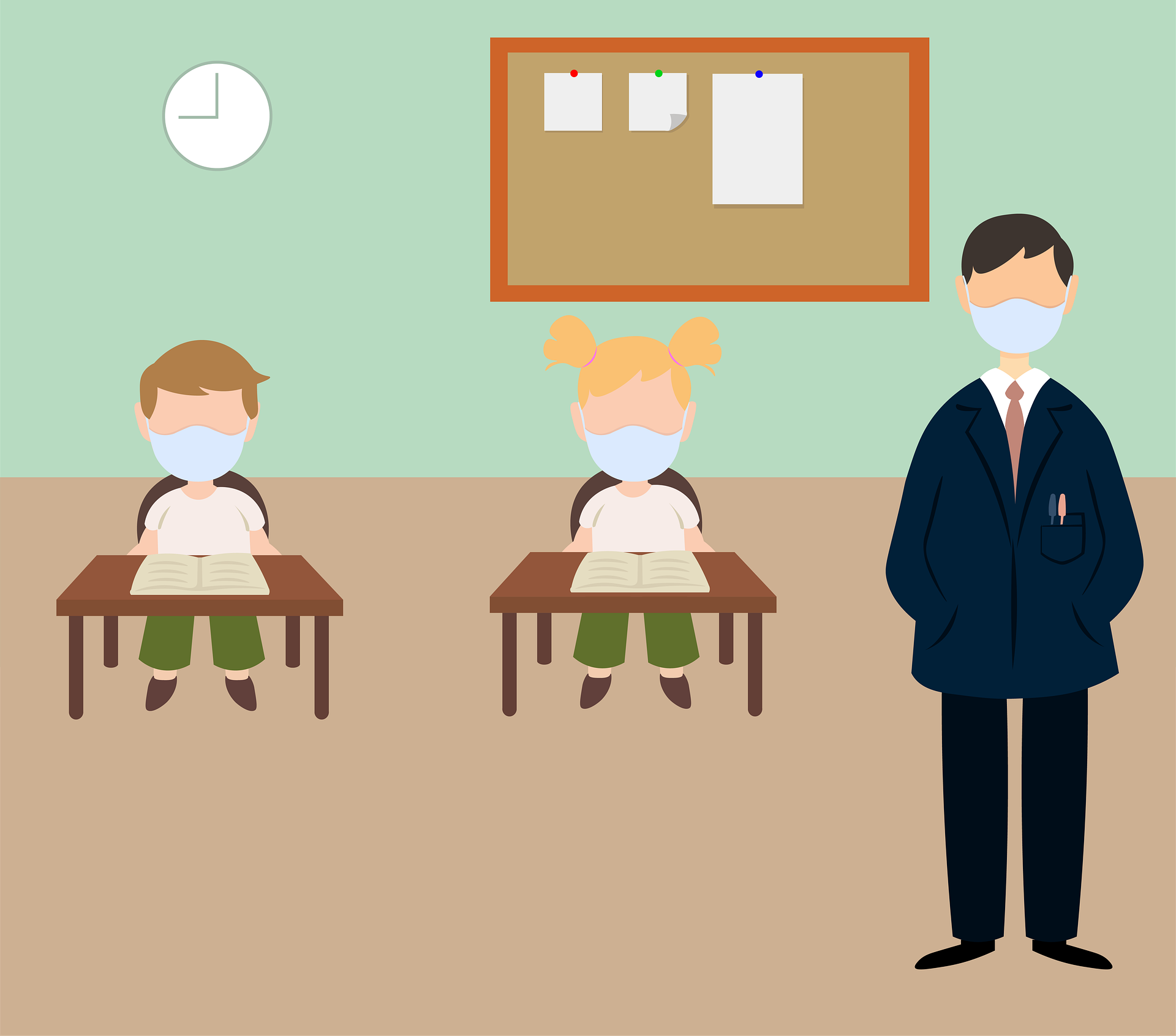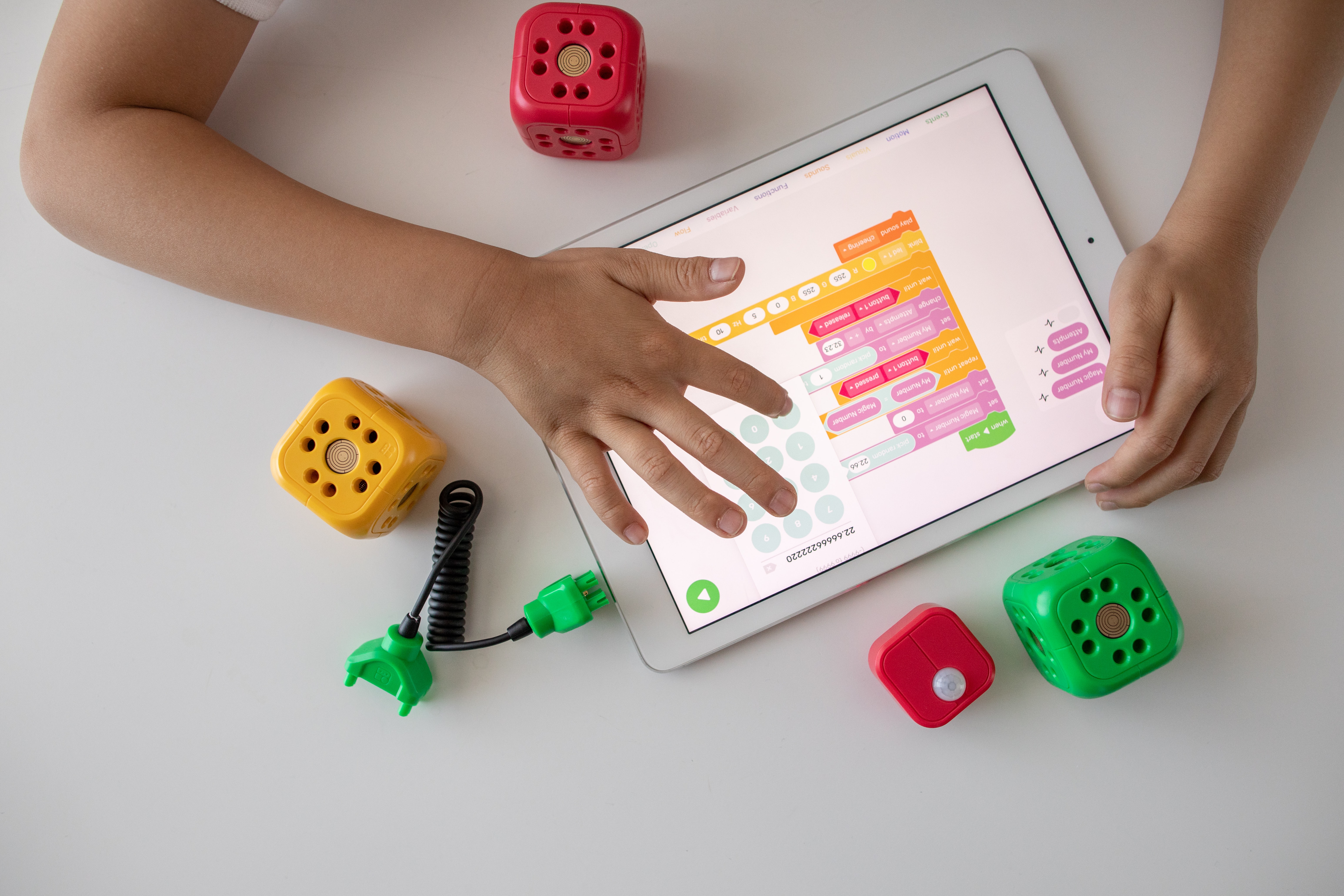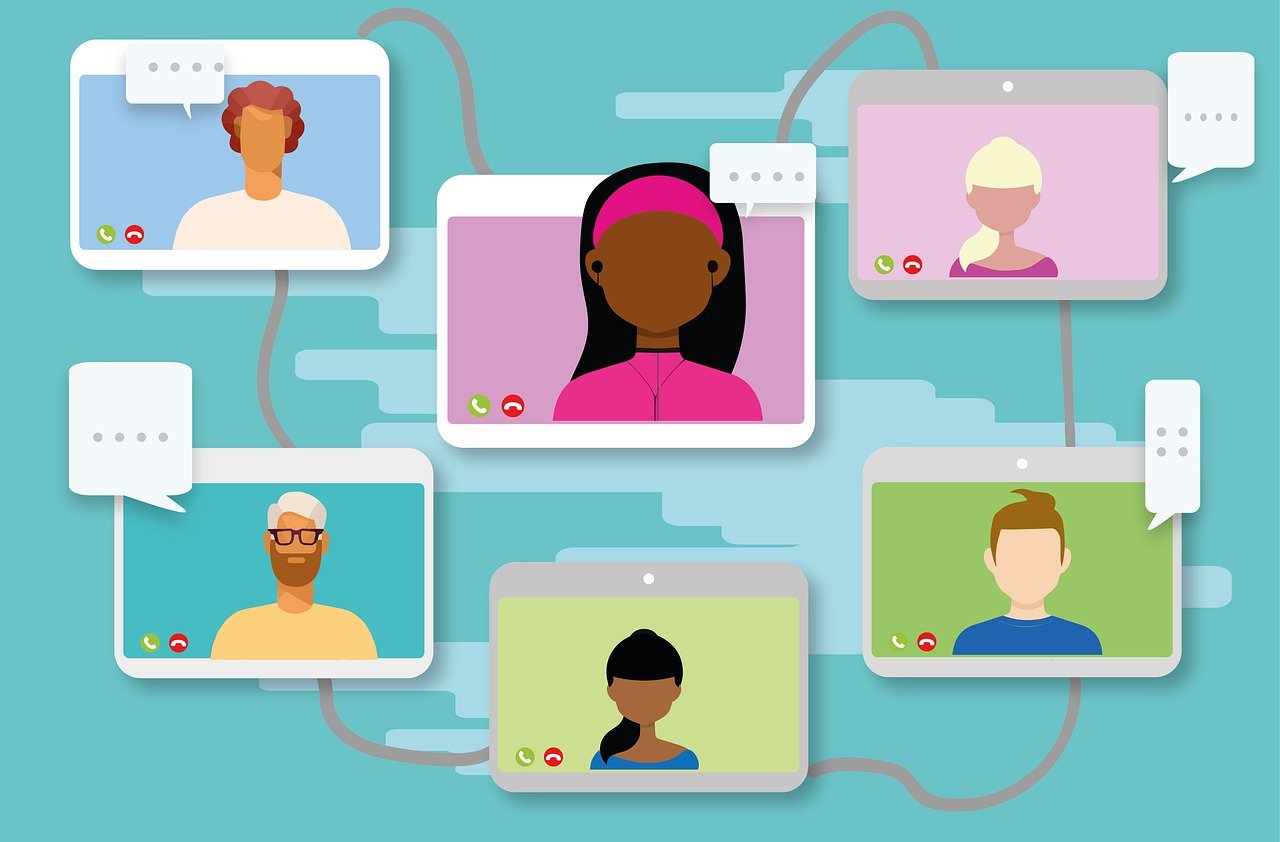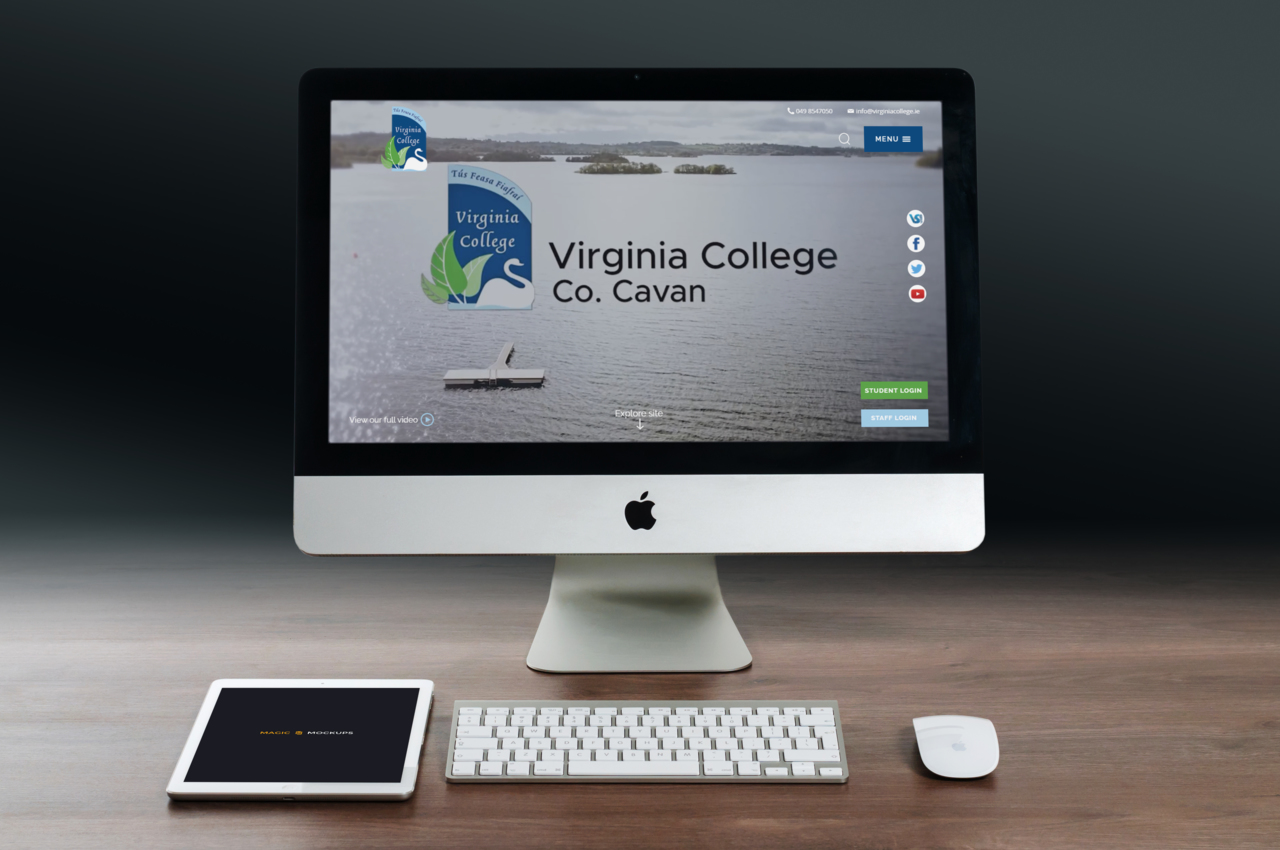Interview with a Primary School Principal.
In my job, over the past 18 years or so, I’ve had the opportunity and privilege to speak with many teachers and school leaders.
Up until 2020, outside of formal training and consultancy, most of the chat was ‘workaday’ stuff – the sort of banter people have in their everyday lives.
In March 2020 things changed. We all had to quickly adapt to new ways of working, teaching, learning, and living! I watched my office clear from 10 people to zero around St Patrick’s Day of last year.
In previous blogs I have talked about a variety of things – ‘the Parent-School relationship’, ‘the Assessment crisis’, ‘the Digital Divide in Covid’, and ‘the mental health impact of Covid’ to name a few.
Some of the subject matter was thought-provoking and at times troubling – but always factual. We know there were mental health issues in schools directly related Covid, and that there is a different dynamic at play in the ‘home-school’ relationship.
I recently met a Primary School Principal and asked him if he wouldn’t mind answering a few questions on the school’s experiences during Covid.
Here’s what he had to say: (Some details have been modified to preserve anonymity).

How have the last 16 months impacted on the school in terms of:
- School Finances.
This has not been as great a problem as you might think as the government have been supplementing the budget for all expenses relating to Covid. However, in terms of fund raising for the school, this came to a standstill. We would normally raise a considerable amount per year and this past year has been zero due to no after school activities, breakfast clubs, general fundraising etc.
- Mental health of pupils. Is there enough support?
There is nowhere near enough support for this area of school life. We have had to pay for additional counsellors to come into work with children and families. I have also had to ensure that my designated teacher remained out of class to assist with the most vulnerable pupils on a daily basis. Use is also made of our sensory room and a new therapy room has been created.
- Mental health of Teachers.
A seriously big worry as so many have been working in an ‘at-risk’ environment prior to vaccination. Many have accessed support from the school counsellor that we have brought in.
- Mental health of Parents and carers.
This like above. We’ve also had great help from community hub activities in supporting children through play-therapy and counselling.
- Academic performance of pupils.
There has been a huge impact on educational outcomes. We have carried a range of testing using the GL suite of tests for PTE, PTM, CAT4 and PASS. All scores are down and there has been a marked increase in the number of pupils achieving below what was expected when comparing their PTE/PTM and CAT4 scores. A most telling set of analysis has been the reaction from the PASS scores which has shown a worrying trend towards anxiety in attending school. We also have not been able to carry our progress scores as not standardised testing took place in May of last year due to the lockdown.
- Preparation for transitioning.
This was not happening this time last year, so we provided a summer school with providers such as HIP Psychology working with the pupils. Because of what happened this year with no transfer tests a lot of pupils have been placed in schools they or their parents do not want to go to, and this has added to their anxiety. I have had to attend several tribunals with parents over the summer on this particular issue. Again, in July 2021 we provided summer schemes thanks to money from the Dept to address these concerns.
- Are there a particular ‘negative outcomes’ due to economic disadvantage? Lack of access to ‘Study at Home’ devices and resources etc.
Yes, there have been great issues with online learning due to digital poverty. We have loaned out as many devices as possible, but this has not met the needs of all the families. There are some households with three of four children attending the school and devices and Wi-Fi has to be shared and this was a struggle for many leading to some children not being able to engage as much as we would have wanted them to.
- Do you think the negative impact is greater in the context of SEN provision?
Yes, that is why we are investing in the 2021-22 academic year with additional human resources to allow for working with children identified I the June analysis of data who need additional support through in class support and withdrawal groups.
- Is there enough support from the Dept of Education and EA? Could you suggest what more they could do?
The biggest problem in relation to the statutory bodies such as EA, DENI and CCMS is accessing support in a timely fashion. While we are all in school working, the support workers from these bodies are all working from home. There is a delay in getting access to these partners when they are needed most.


